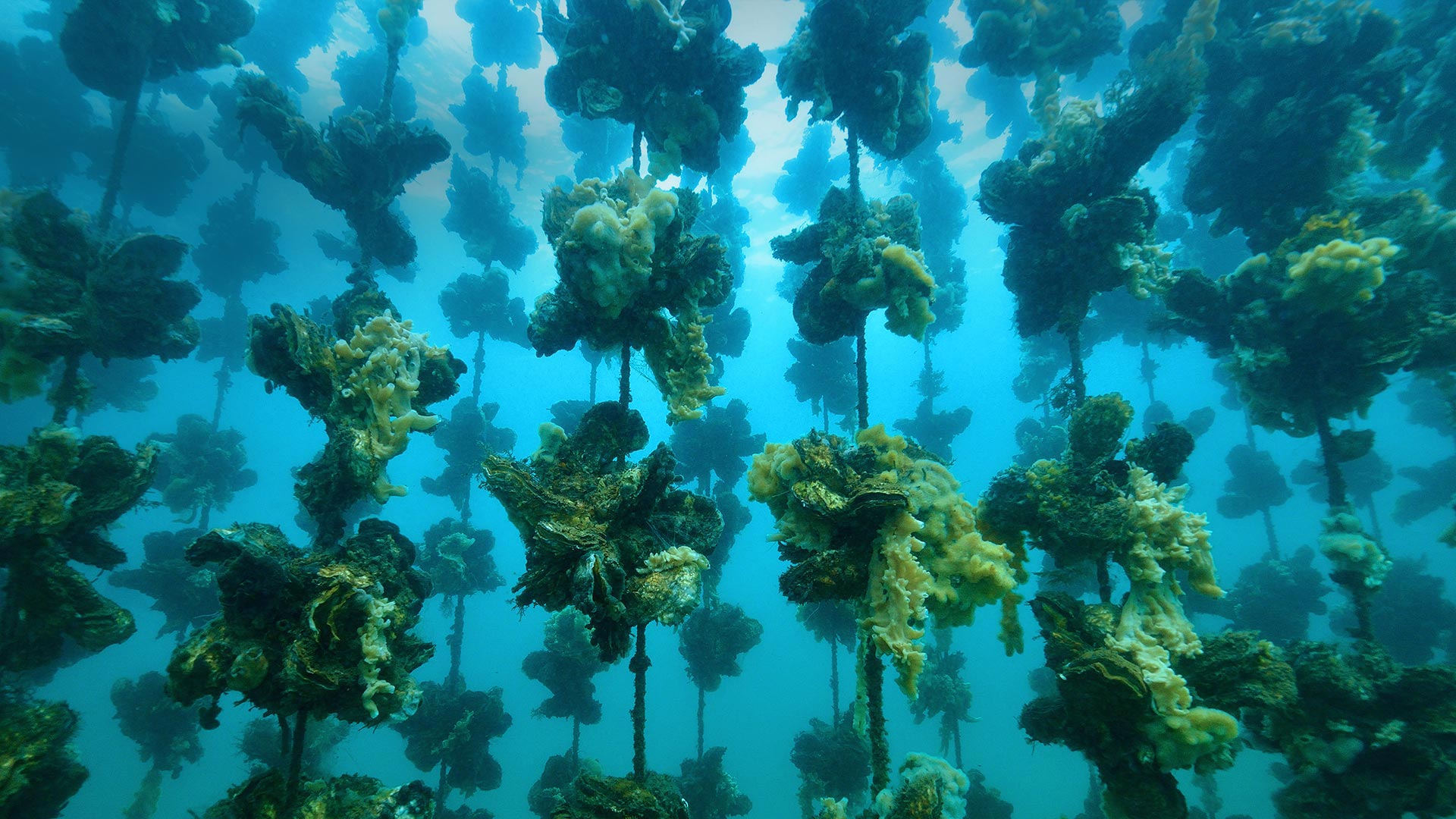At a historic moment for environmental sustainability and public health, [Company Name] successfully installed the first ever animal waste incinerator in South Sudan. This innovative technology will significantly reduce the risk of disease transmission and improve health standards in the country.
A new era in public health
The installation of the animal waste incinerator marks a major step forward in the fight against diseases such as cholera, typhoid and hepatitis, which are often spread through contaminated waste. The facility, located in the eastern town of Torit, will help eliminate public health risks associated with animal waste, by providing a safe and hygienic way to dispose of deceased animals.
Cutting-edge technology
The incinerator is equipped with the latest environmental control systems, ensuring that emissions meet the highest international standards. This cutting-edge technology will not only reduce the risk of air and water pollution, but will also provide a safe and clean way to dispose of animal waste, thereby promoting a healthier environment for the people of South Sudan.
A collaborative effort
This pioneering project was made possible through a collaborative effort between [Company Name]local authorities and international organizations. The installation of the incinerator is part of a wider initiative to improve public health and environmental standards in South Sudan.
Community Benefits
The installation of the animal waste incinerator will bring many benefits to the local community, including:
*Reduced risk of disease transmission
* Improved sanitation standards
* Improved public health
* Increased economic opportunities through job creation and training
Conclusion
The installation of the animal waste incinerator in South Sudan marks an important milestone in the region’s journey towards better public health and environmental sustainability. As a major player in [industry/field], [Company Name] is proud to be at the forefront of this innovative, life-changing project, bringing hope and solutions to those who need it most.

Comments are closed